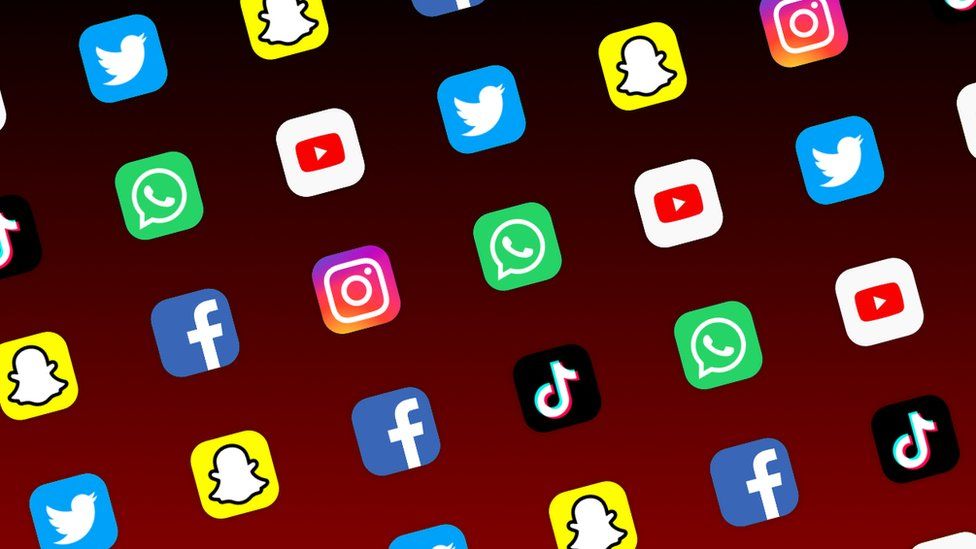
The digital landscape continues evolving at breakneck speed. Here’s your executive briefing on the most significant platform developments impacting marketers and content creators this week.
LinkedIn Embraces B2B Creator Monetization
LinkedIn is making a strategic move into the video advertising space by allowing brands to run ads alongside content from top B2B creators. This development marks a significant shift for the platform traditionally focused on professional networking, now acknowledging the growing influence of B2B content creators in driving engagement and business conversations.
For marketers, this opens new opportunities to reach decision-makers through trusted voices in their industries. For creators, it represents another revenue stream in the increasingly competitive creator economy.
Meta Launches Standalone AI App to Challenge ChatGPT
In a bold move to strengthen its position in the AI race, Meta has launched a dedicated Meta AI application, designed to compete directly with OpenAI’s ChatGPT. This standalone app represents Meta’s commitment to becoming a major player in conversational AI beyond just integrating AI features into existing platforms.
The move signals Meta’s understanding that AI assistants are becoming essential digital companions for both consumers and professionals, potentially reshaping how we interact with technology and consume information.
Instagram Continues Rapid Feature Development
Just one week after introducing its Edits feature, Instagram has rolled out additional improvements. This rapid iteration demonstrates Instagram’s commitment to staying ahead in the fiercely competitive social media landscape.
The platform’s quick development cycles reflect the pressure all social platforms face to continuously innovate while balancing user experience with monetization opportunities.
YouTube Enhances Accessibility for Shorts
YouTube is expanding its creator toolkit by adding new caption tools specifically designed for Shorts. This update addresses the growing importance of accessibility in short-form video while also acknowledging that many users watch content without sound.
The improvement aligns with broader industry trends toward making content more accessible and engaging across different consumption contexts.
Pinterest Gives Users More Control Over AI Content
As AI-generated content becomes increasingly prevalent, Pinterest is putting more power in users’ hands by providing greater control over the AI content appearing in their feeds. This user-centric approach may help Pinterest maintain trust while still leveraging AI to enhance discovery.
The move reflects the delicate balance platforms must strike between embracing AI innovation and respecting user preferences for authenticity and control.
Spotify’s Video Podcast Strategy Gains Momentum
Spotify’s push into video podcasts is showing signs of success, indicating the platform’s effective expansion beyond pure audio content. This growth reinforces the ongoing convergence of audio and visual media formats.
For content creators, Spotify’s video podcast growth represents another viable channel for multi-format content distribution and audience building.
Creator Economy Sees Explosive Professional Growth
According to the Interactive Advertising Bureau (IAB), digital creator jobs have increased 7.5 times since the pandemic began. This remarkable statistic validates the creator economy’s transition from emerging trend to established career path.
This growth has significant implications for talent development, media budgets, and marketing strategies as brands increasingly seek to partner with creators who bring built-in audiences and authentic connections.
Peacock Taps into Creator Talent for Scripted Shows
NBCUniversal’s streaming service Peacock is launching four new scripted shows developed with social-first creators. This move represents traditional media’s growing recognition of social media talent as valuable storytellers and audience magnets.
The development signals the continuing breakdown of barriers between traditional entertainment and digital-native content creation, creating new opportunities for creators to expand their influence across platforms.
What This Means for Marketers and Creators
These developments collectively point to several key trends:
- Platform diversification is accelerating – Each major platform is developing distinctive offerings to retain users and creators
- AI integration is non-negotiable – From content recommendations to creation tools, AI is becoming embedded in every platform’s strategy
- Creator economy professionalization continues – With more revenue opportunities and career paths emerging, content creation is cementing its status as a legitimate profession
- The line between traditional and digital media continues blurring – As exemplified by Peacock’s creator-driven programming
For both brands and creators, staying informed about these rapid changes is essential for maintaining competitive advantage in an increasingly complex digital ecosystem.
What platform developments are most impacting your digital strategy this quarter? I’d love to hear your experiences in the comments below.

Leave a Reply